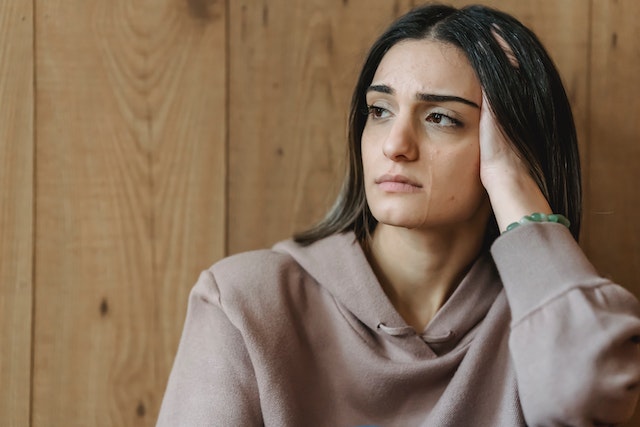There isn’t a person on this planet who hasn’t dealt with anxiety in some form. For some people, it is often a fleeting period due to stress or a temporary moment. Not every person is that lucky, however. In fact, a lot of people aren’t. Anxiety disorders are one of the most common mental health concerns out there. In recent years, those numbers have been on the rise. Even with rising rates, anxiety disorders are something of a mystery to many people who deal with them.

Anxiety is a learned behavioral response to stressful events. In our ancestor’s time, anxiety was developed as a way to protect people in life-or-death situations. They could either stay and fight through the danger or flee from it. Now, that isn’t necessary, but our bodies have held on to this response even when no ‘real’ danger is present.
If you recently received a diagnosis of Generalized Anxiety Disorder (GAD), you might be left scratching your head. What’s next? How can I make it better? Let’s go over what happens after your diagnosis of an anxiety disorder.
Treating Anxiety with Medication
You got your official diagnosis of an anxiety disorder from your primary care doctor. Likely, they went over some options for how you can begin treating it. They likely went over options such as medication, and maybe they did mention therapy. Thankfully, anxiety is a very treatable disorder.
Whether you choose to take a medication, go to therapy, or a combination of both—there is no wrong answer. It entirely depends on the person and what is best for them. If you aren’t feeling comfortable with anxiety medication, that is okay, too. In all of those situations we just said, getting relief from anxiety is definitely possible. Medication can be effective, but it isn’t a replacement for therapy.
Treating Anxiety Through Therapy
If you choose to go more of the natural route to treat anxiety, you might have concerns about therapy. That is completely normal. While everyone has a general idea of what therapy may involve, it can still leave more questions than answers. Therapy is often seen as an experience where you sit across from a counselor, and they psychoanalyze you and ask, “How do you feel?” It can feel almost antiquated.
Modern-day therapy is much more than that. Commonly referred to as “talk therapy,” it’s not just someone analyzing your brain and how you think. It’s the chance for you to actually talk about what is bothering you and have someone listen. What makes you anxious and on edge in your daily life? It’s not just someone asking you question after question, which, let’s face it, can cause anxiety to begin with! Anxiety therapy is useful because it allows you to release what is causing your excessive worries.
Anxiety Therapy Is Solution Focused
Going to therapy for anxiety is more than just talking your problems out and having someone there to listen. It is also solution focused. This means a therapist is not just there to listen—but to give you ideas for moving forward and finding relief, as well. A therapist will help you find ways to not only relieve your anxiety at the moment but find ways to prevent it in the first place.
In therapy, you will likely learn about journaling, deep breathing exercises, and mindfulness techniques such as meditation or yoga. The great news with anxiety is that while it may be debilitating, there are a lot of different options for finding long-term relief from it.
Anxiety is a normal part of life. However, that doesn’t mean it needs to remain your constant companion. Reach out to me to learn more about anxiety therapy.